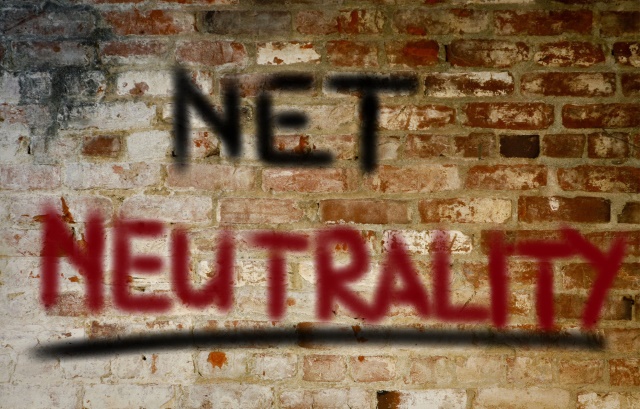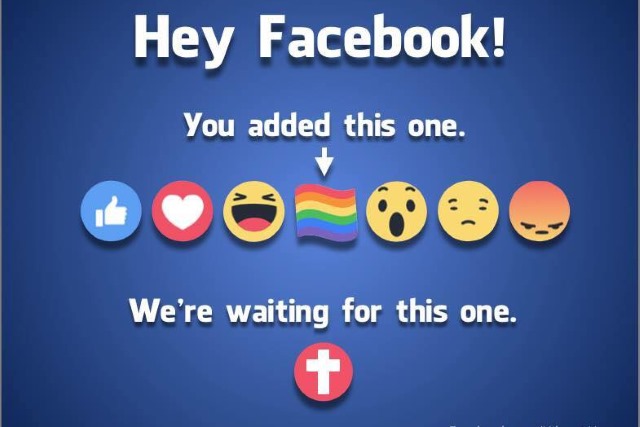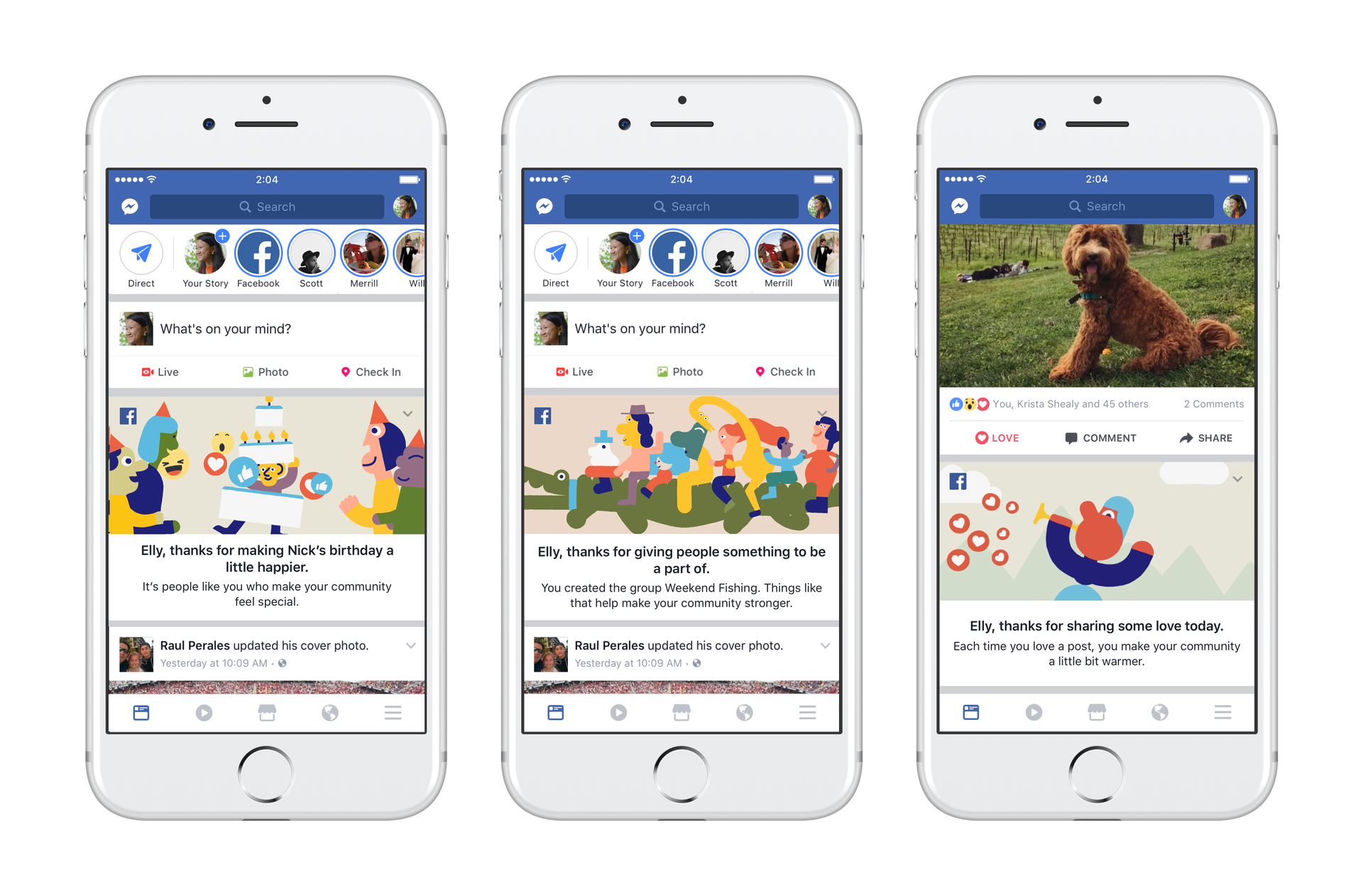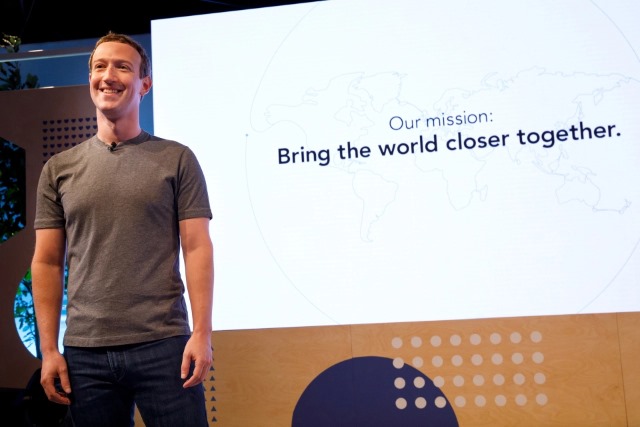
Now ads are coming to Facebook Messenger in global beta test
Following a more limited testing phase in Thailand and Australia, Facebook is rolling out ads globally in Facebook Messenger. The beta program is being extended meaning that Facebook is now able to target Messenger's 1.2 billion monthly users.
When users click or tap an ad in Messenger, they will either be transported to the advertiser's website, or taken to a chat with the company in question. Facebook's latest ad drive is the company's attempt to squeeze money from its Messenger platform.

Shut the hell up about Facebook friend requests from Jayden K Smith
If you use Facebook at all, you have almost certainly seen warnings recently that make reference to Jayden K Smith. You've probably not only been warned about this "hacker" but also been advised to make everyone you know aware of the danger they pose.
"Please tell all the contacts in your messenger list not to accept Jayden K. Smith friendship request. He is a hacker and has the system connected to your Facebook account. If one of your contacts accepts it, you will also be hacked, so make sure that all your friends know it," reads the message. It is -- of course -- utter nonsense, yet it is being shared far and wide. Stop it. Stop it this instant.

Google and Facebook to participate in net neutrality protest next week
Two of the biggest names in tech have finally added their names to a growing list of participants in a protest next week against the FCC's plans to tear up net neutrality rules.
Google and Facebook have confirmed they will take part in the July 12 protest which is known variously as the "Day of Action," the "Battle for the Net" and -- rather more wordily -- the "Internet-wide Day of Action to Save Net Neutrality." Precisely what form the companies' participation will take remains to be seen, but the involvement of two such big names will send a clear message to the FCC.

Facebook, Twitter and Snap Inc may bid millions for World Cup 2018 streaming rights
World Cup 2018 is not far off, and social media networks are preparing to offer millions to obtain streaming rights from Fox Sports. The soccer tournament is to be held in Russia next year, and Facebook, Twitter and Snap Inc are all eager to be able to show highlights online.
As Fox Sports is the exclusive US rights holder, there is potential for bids for access to highlights to become high. A report from Bloomberg suggests that the social media giants have already put up "tens of millions of dollars."

Facebook fights gagging order that prevents it telling users about US government search warrants
Currently barred from telling three of its users about government search warrants seeking to gain access to their information, Facebook is fighting back. The social network is challenging what it says is a threat to freedom of speech.
Documents filed at a Washington DC appeal court show that Facebook wants to notify the users about the warrants so they have an opportunity to object to them. The company cites the First Amendment in seeking to let users know about the warrants, at least one of which relates to protests against Donald Trump.

Facebook privacy: judge dismisses case surrounding tracking of logged out users
A privacy case against Facebook has been thrown out of court by a judge in the US District Court, Northern District of California. The case surrounded Facebook's tracking of users via Like buttons on other sites even when they were not logged into their accounts.
Plaintiffs said that Facebook violated wiretapping and privacy laws, but District Judge Edward Davila ruled that there was no evidence that the social network had illegally "intercepted" communications. She said that plaintiffs had failed to show "realistic" economic harm or loss, adding that they could have taken steps to maintain the privacy of their browsing histories.

Facebook disappoints Christians by refusing to introduce a cross reaction
Facebook's reactions have long been a source of disappointment for users. When they were first introduced people were upset by the lack of a Dislike option. There was also dissatisfaction with the fact that Facebook merely logs reactions as an interaction rather than taking into account the meaning behind them.
In addition to the main reactions, Facebook has introduced special, temporary additions over the months -- flowers for Mother's Day, a mask for Halloween, and a rainbow flag for Pride month to "celebrate love and diversity." Conservative Christians, however, have been told that a cross reaction is not in the pipeline.

Post too much to Facebook and it will be assumed that you're spreading fake news
Facebook's ongoing battle against fake news continues, and the social network has a new weapon in its arsenal. To cut down on the amount of spam and fake news appearing in News Feeds, users who post a lot each day will have their visibility reduced.
The thinking behind this is that there are some Facebook users who "routinely share vast amounts of public posts per day," and the company has found that the content shared tends to be spammy or fabricated stories. Facebook says that the change could mean that even legitimate publishers find that their reach is reduced, however.

Facebook's Find Wi-Fi rolls out to Android and iPhone users around the world
Modern takes on Maslow's hierarchy of needs (jokingly) refer to a wireless internet connection as being a necessity. While Wi-Fi may not be -- in the strictest sense of the word -- necessary, it's certainly true that it has become the prey that we now hunt for.
To make the search a little easier, Facebook is now rolling out its Find Wi-Fi tool globally. What previously started as a small-scale test is now available around the world for Android and iPhone users, so anyone looking to minimize data usage will be able to find an easy way online.

Facebook celebrates 2 billion users by thanking people when they do something nice
Facebook creator Mark Zuckerberg announced earlier today that the social network now has 2 billion users.
In celebration of that milestone, Facebook also shared some other interesting snippets of information, such as that over 800 million people Like something on Facebook every day, and 175 million people share a Love reaction. In addition, more than 1 billion people use Groups every month.

Europe guts Google, and that's just wrong
Today the European Union gave Apple a great gift to celebrate iPhone's 10th anniversary (on June 29th): The ridiculous, record $2.7 billion fine, and associated sanctions, against Google that once again demonstrates the EU's small-minded oversight that wrongly regulates evolving technologies in a big world. The adverse antitrust ruling finds that the online titan favored its own online shopping services (and paying customers) over rivals.
In February 2010, with the EU Competition Commission's preliminary investigation starting, I rightly called "Google a dangerous monopoly". Seven years later, the competitive landscape has dramatically changed, and rapidly evolves. The Commission's action is too much, too late, and in the short-term can only benefit rivals like Apple that will dominate online activities and commerce as what we knew as traditional web search becomes something else.

Facebook Messenger video chats get a little sexier with new masks, filters and reactions
Facebook Messenger today receives a boatload of visual updates as the social networking company tries to appeal to a younger audience with video chat. The update sees Facebook continuing its expansion of reactions so they can now be used in video chats, but there are also other ways to spice up conversations.
The existing collection of masks has been bolstered with new additions -- complete with Easter eggs -- and there is also a range of filters to choose from.

Facebook and Twitter have secret Harry Potter Easter eggs to celebrate 20 years of the Sorcerer's Stone
Today is the twentieth anniversary of the publication of Harry Potter and the Sorcerer's Stone (or Harry Potter and the Philosopher's Stone depending on where you are in the world). To celebrate, Facebook has hidden a Potter-related Easter egg on the site, and Twitter is getting in on the action as well.
As Harry Potter is all about magic, it should come as little surprise that in order to unlock the Easter egg, you need to use the right magic words. Here's what you need to do...

Facebook launches Online Civil Courage Initiative to fight extremism in the UK
Facebook today launches its latest attempt to tackle online extremism in the UK with its new Online Civil Courage Initiative (OCCI). It is part of an education drive which finds the social network trying to inform charities and local organizations how to fight hate speech and extremism online.
The OCCI is being launched with involvement from a number of partners, including the Jo Cox Foundation and Imams Online, and it has a UK focus. Facebook users are encouraged to head over to the OCCI pages to share ideas using the hashtag #civilcourage.

Facebook's new mission statement: 'give people the power to build community and bring the world closer together'
Mark Zuckerberg has announced a new mission statement for Facebook. The social network is no longer interested in making the world "more open and connected," now it wants to "give people the power to build community and bring the world closer together."
The change of direction will set Facebook's course for the next decade, and it was revealed at the Facebook Communities Summit. At the summit Facebook also revealed a new batch of tools for group admins to help drive the sense of community and make groups easier to manage.
